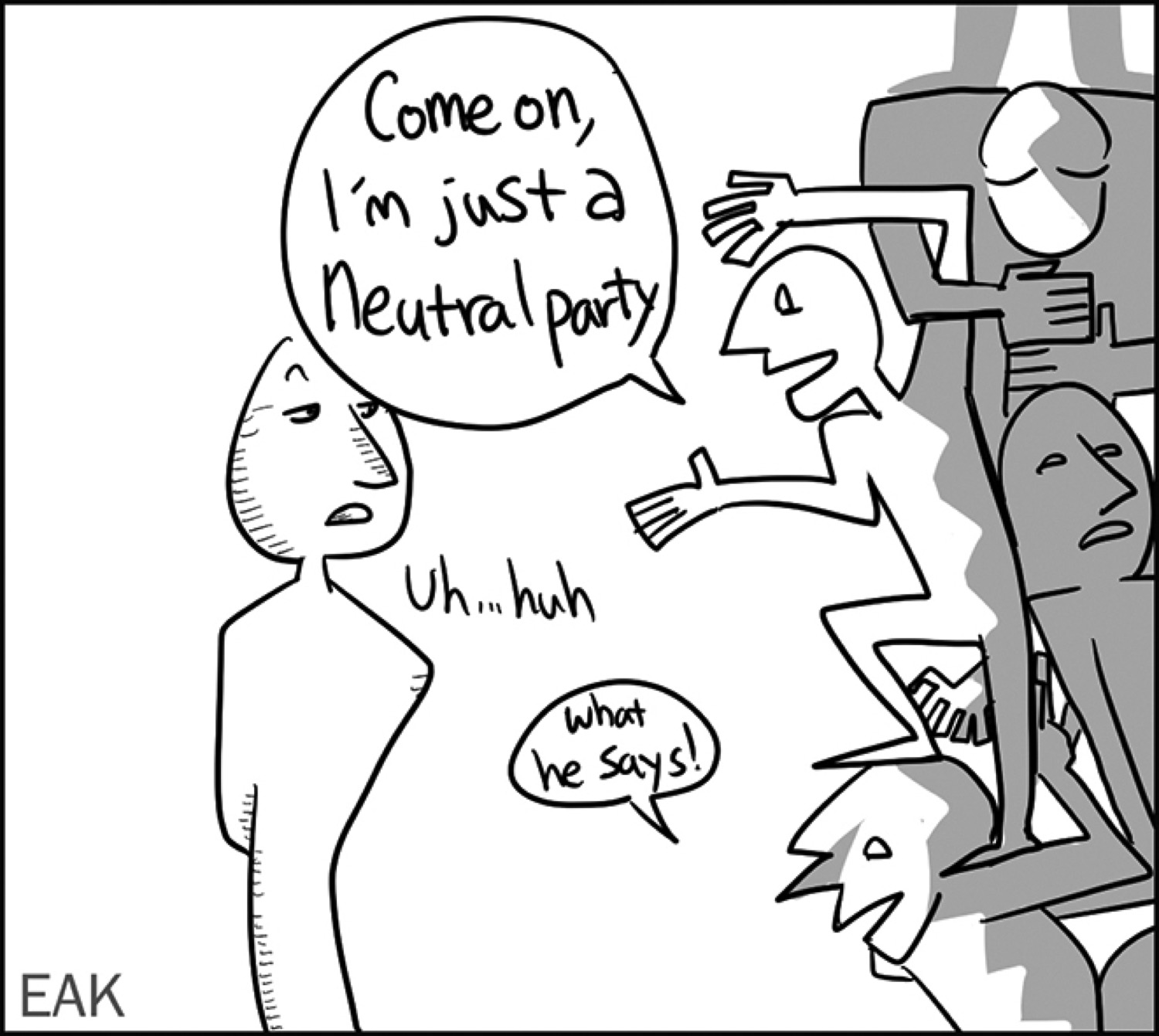In a few weeks, I will finally be done with college. Though I am unsure what to do next, one thing is for certain – it will not be laboratory research. I didn’t always have this mindset. I initially enjoyed laboratory research, and thought it was much preferable to having a desk job. At the my first biology lab, I had an amazing mentor who gave me tasks that helped me better understand concepts taught in class and develop essential skills required in biology research. Even when I continuously obtained faulty results, I wasn’t discouraged, as even troubleshooting felt like an educational experience. After my first laboratory experience, research was one of my top career choices. But that completely changed after graduation research.

At the laboratory I chose for graduation research, I was placed under a postdoc without knowing beforehand what her project was about. She immediately gave me my task – continuously feeding rats pellets while they ran around a maze. She had never been inside the rat room, so asked a doctorate student to teach me how to handle and feed the rats and another student to teach me how to clean cages. And because she had never done the experiment herself, she asked the student who conducted the trials before me to come in and answer questions about the maze. I was required to work six to seven times a week, though she never came to the lab herself on weekends. The only interaction I ever had with her was when she gave me a new sequence of pellets to use. She never disclosed full details of what I was collecting data for, neglected to give me any safety instructions, and always gave vague answers to my questions. When I asked for papers that could help me better understand the experiment, she tossed me a few sources that turned out to be studies based on psychology surveys.
I often skipped lunch or dinner because it often took more than five hours to finish my experiment. I suppose I didn’t have much of an appetite anyways, after spending all day around the stench of rat feces mixed with ethanol. Because I spent hours on end in a small room listening to white noise, I could feel my ears ringing all throughout the day. I did not have enough time for classwork, and so had to drop two courses. Consequently, I had to stay at university for an additional semester and pay tuition. After a month, I finally spoke to the postdoc, and asked her if I could do something else. In response, she told me that I was only there to provide manpower and it was a “win-win” situation, since the lab needed labor and I needed the credits to graduate. She interpreted my broad interests as a disinterest in research, and accused me of being irresponsible for not being unable to fix the maze when it malfunctioned despite the fact someone else had made it. Some of her comments verged on blackmail – she told me there were other people who could instruct undergraduate students, but nobody would take someone who gives up after just one month, neither at that lab nor any other.
So I slaved away for another month, but feeling progressively more isolated, helpless and depressed, I eventually broke down and went to speak to the professor. He was understanding, and reassigned me to a doctorate student. The postdoc refused to speak to me again, but thanks to my new mentor, my final month at the laboratory was enjoyable. However, my overall experience not only crippled my sense of self-worth, but also left me suffering from skin infections that started not long after I entered the lab. Results of an allergy screening showed that I have strong allergies to latex and all strains of mites, and treatment has cost me more than 200,000KRW to date. Though these allergies probably developed through laboratory exposure to latex gloves and rats, I was not reimbursed, because the KAIST insurance does not cover dermatology at external hospitals.
I tried my hand at research, but my last attempt has made it clear how much mental, emotional, and physical pain it involves. The age hierarchy present at laboratories subject students to severe mistreatment by their superiors, and lack of supervision by irresponsible mentors could lead students to develop medical conditions sometimes not covered by the university. When I first entered my department, I had no idea what working at a laboratory would be like. Most other students do not know either when they first decide to study science and engineering. It pains me to know that my juniors might have to pay back their scholarship money upon graduation if they decide against a research career. They gave it a chance, and should not be forced to continue if it makes them unhappy. If the university wants more students to remain in research, they should first hold a magnifying glass to the research environment at KAIST, and understand why students want to leave in the first place.

